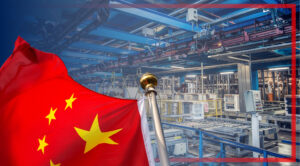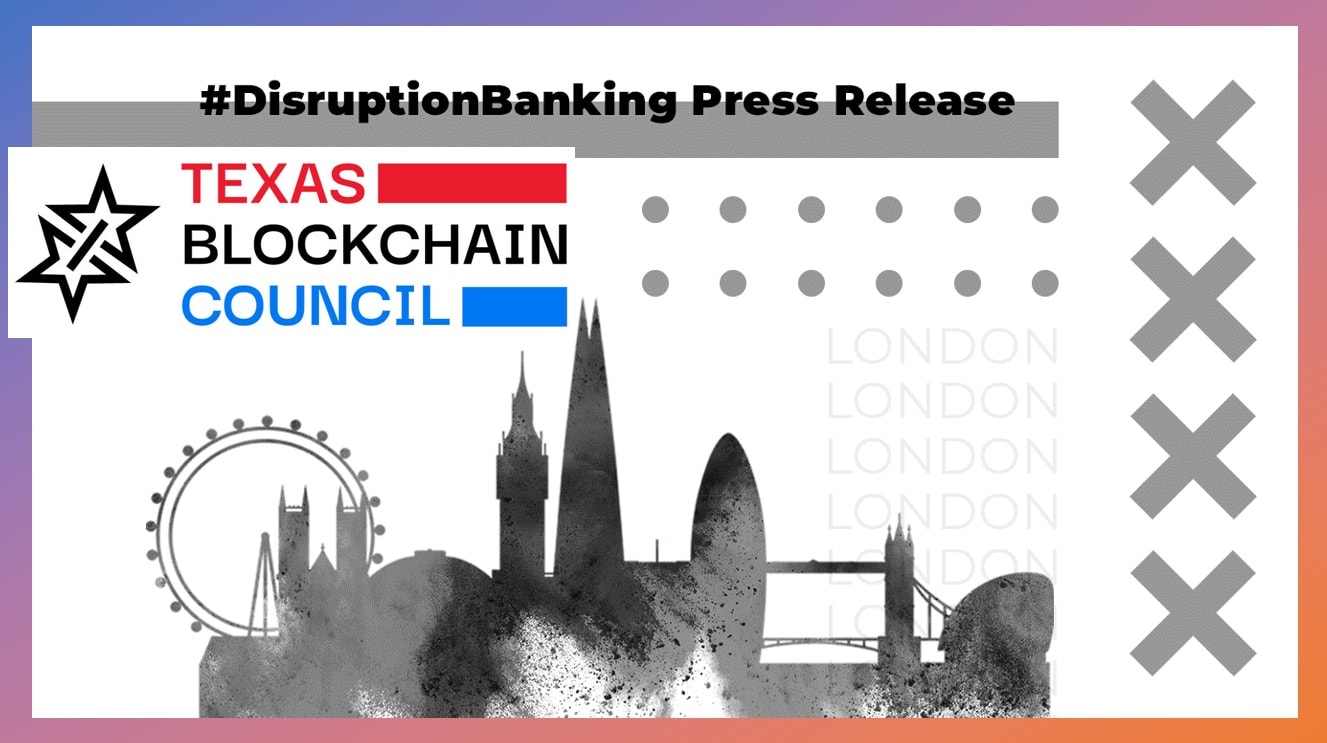Last month, the UK hosted the latest G7 summit in Cornwall. With the world leaders of some of the world’s largest economies gathered on British soil, the prime minister used the opportunity to promote “a global Green Industrial Revolution” as the world “builds back greener” from the pandemic. This is clearly a diplomatically and politically important message for the government to emphasise in the run up to COP26, this year to be held in Glasgow. COP26 is arguably the world’s most significant summit on climate change, bringing ‘together heads of state, climate experts and campaigners to agree coordinated action to tackle climate change’. Indeed, the government recently sought to highlight how seriously they are taking this by brushing aside diplomatic difficulties with Russia and China and inviting President Putin and President Xi to Glasgow.
As Sir David Attenborough says, we have the skills to tackle climate change, but we need the global will.
— Boris Johnson (@BorisJohnson) June 13, 2021
That’s why I’m urging @G7 countries to drive a global Green Industrial Revolution to help developing nations reap the benefits of clean growth as we #BuildBackGreener. pic.twitter.com/7ommNfnfoh
The business and banking sectors were also represented at the G7, whose leaders met with both the Prince of Wales and prominent politicians to discuss the climate agenda. President Macron of France clearly recognises the crucial role banks have in this, as he outlined that “redirecting private finance flows towards sustainable investments is a cornerstone of France’s climate action agenda”. Noel Quinn, Group Chief Executive of HSBC, appeared to agree:
“The Financial Services sector has set ambitious net zero targets and committed trillions towards the transition. Banks have a responsibility to be catalysts for change, enabling companies in every sector to transition to the net zero economy, rather than walking away from them”.
Currently several UK banks including Barclays, Ecology, Handelsbanken, Tide and Triodos are working as part of a new group, bringing together figures from across the public and private sector, that could help make these commitments a reality. This is the Bankers for Net Zero initiative, set up by the All Party Parliamentary Group (APPG) on Fair Business Banking and transformation-focused business advisory firms Volans and Re:Pattern. In particular, they aim to demonstrate how banks and capital can be leveraged to help finance the path to a net-zero future. To discuss this, we spoke to Louise Kjellerup Roper, the CEO of Volans.
Louise first outlined the work Volans is doing and how she thinks that business could be crucial to the work of climate activists:
“We work on the cross-section between innovation and sustainability. We believe that business is key to shifting the system so that we avoid ecological, societal and biodiversity disasters. We do a lot of research and writing, looking at possible future environmental and social trends and how this might impact businesses. We also work directly with companies – mostly companies in some form of transition – on how they can transform themselves to be successful in the future. From 2018 to 2020, we ran an inquiry called ‘Tomorrow’s Capitalism’ where we asked the question: “How can companies play a role in changing the economic system?” It was backed by a big investment from Unilever, as well as Covestro, a polymer company in Germany, and a few others. One of the big insights we gained from this was that changing the currently dysfunctional relationship between companies and the financial system is critical. Even when companies themselves are committed to transformation and are doing really well, investors are often not part of it as much as they might be. We saw that companies often don’t know how to communicate their strategy for getting to net zero in a way that engages banks and other financial institutions to get capital flows to them in the right direction”.
The companies that Louise and Volans work with are highly varied. They are not only institutions with a direct corporate interest in a green future, such as those involved in renewable energy, but those with “forward-thinking leadership” more generally:
“The companies we work with are really broad […] it’s always companies that have forward-thinking leadership. That might be because they’re just interesting, inspiring people or it might be because their business is under threat in some way. Somehow, they know that they need to have slightly different conversations, to figure out how to change their business models and how to change their mindsets when dealing with the outside world. I’ll give you an example. We work with Neste, the biggest company in Finland by market cap. Twenty years ago they were the state-owned oil company. Since then, they have undergone such big transformation that now they’re the world leader in renewable fuels and sustainable aviation fuels. Interestingly, they have also found ways of using what they knew about oil refining to use waste materials to make other products”.
Neste expands the renewables offering by launching Neste My Renewable Diesel into the Belgian market. The fuel, made of 100% renewable raw materials, is currently available at more than 500 locations worldwide. Read more: https://t.co/EePJzHQAp0
— Neste (@NesteGlobal) July 2, 2021
Clearly there are many companies, like Neste, that are adapting to new environmental, social and political realities. Whilst some board-members and investors may be driven by altruistic reasons, many are of course motivated by self-interest: companies with an unacceptably poor environmental record will no doubt be hit hardest by ever-more stringent regulation and increased consumer and shareholder pressure. Indeed, Louise noted the example of Chevron, where “shareholders have been pushing management to do the right thing”.
However, how many companies talk the ESG talk for self-interested reasons without actually committing to meaningful change? After all, it has become almost a cliché to argue that ESG is actively conducive to profit-making. Whilst this may be the case sometimes, there are plenty of other “hard decisions” to make which are not necessarily being made:
“There are lots of companies who publicly set an intention and make lots of commitments – but then, when you dig into it, they are nowhere near their own targets. Some of these companies come to us and normally we don’t work with them. We do an awful lot of due diligence to make sure that we work with companies that not only have nice intentions but are also willing to make some really hard decisions. This isn’t something that is going to be all ‘win-win’ in the short-term. You’ve got to look at the longer-term, in which case I do think that there’s a lot of upsides for companies”.
Louise’s job, then, is to make companies aware of these “upsides” and offer the support required to make the positive transformation that she believes is needed. The Bankers for Net Zero initiative is about turning sometimes vague commitments to net zero into firm realities. Whilst the group’s suggestions will not be outlined until COP26, the principle is that “we have created a place where we can bring together banks, business and industry and together figure out the best regulation and policy that will make it easier for banks to support business and really accelerate towards net zero”.
Bankers for Net Zero is in the interesting, and perhaps favourable, position whereby much of the climate momentum was created in 2019, before the pandemic. Louise called 2019 “a huge year for climate activism, not just in terms of pressure on the streets but better awareness, and a lot of commitments, at international, national and company levels”. With the world now beginning to consider how to recover from the Covid-19 crisis, there is an opportunity “to marry up the two agendas so that the money going into the post-pandemic rebuilding is also green”. One area where this is particularly relevant is in the realm of central banking:
“Christine Lagarde at the European Central Bank has been very clear about her desire to “green” its asset purchase programmes, but some national central bankers have responded by arguing that such considerations are not within their mandate, which has led to a really interesting lawsuit from an organisation called ClientEarth. They are suing the Belgian central bank on this point specifically. And if they win, which at this stage seems likely, I think this could have a domino effect across other central banks. Hopefully, as we build back, similar asset purchase schemes will focus on environmental criteria as well as the purely financial”.
ClientEarth is taking landmark legal action to stop European central banks from directing finance towards polluting companies that are exacerbating the climate crisis. https://t.co/H4LBZL7YOg
— ClientEarth (@ClientEarth) April 13, 2021
It is certainly the case that, if banks are genuinely to commit to net-zero, whole swathes of activity will have to be reconsidered. Entire industries that are currently integral to the global economy, such as fossil fuels, will have to stop being funded and slowly allowed to die out. Whole new diligence processes will need to be introduced in order to prevent investments in certain spaces. We have seen this start to happen with the introduction of mandatory climate-related risk reporting and the beginnings of a UK taxonomy or “green list” of sustainable economic activities to help combat greenwash. Large amounts of capital will need to be shifted towards new green industries, some of which have not yet fully emerged. This will be supported in the UK by the new green infrastructure bank.
Are big banks serious about the #ESG agenda? @jpmorgan has just pledged $2.5 trillion to help advance climate objectives. #JPMorgan #ClimateChange
— #DisruptionBanking (@DisruptionBank) June 30, 2021
https://t.co/7MBYvD2ukx
This is clearly a radical agenda. Louise argues that it is necessarily so because “if the average temperature increases by one and a half degrees, there will be a significant proportion of the world’s population that cannot live where they are living now, where they want to live. We know that if we get between three and three and a half degrees, around seventy percent of the population will not be able to live where they are now”. However, what is interesting is the attempt to use business and industry as a way to resolve “the climate crisis”. Groups such as Extinction Rebellion, and left-wing parties across the world, have often tried to include arguments surrounding climate change as part of a broader anti-capitalist critique. Louise shares the radicalism of such groups but sees the key for change as working within the system we have:
“Within our world of business and politics we [Volans] are probably a bit radical. We are prepared to walk away from clients and partners [if they are not serious enough about the climate agenda]. However, our approach is about saying: “well, how do we harness what’s there already and how do we move people with us quickly?” Sometimes that does not mean hitting them over the head, but listening and allowing them to explore possible solutions. I don’t think there’s anybody in the world who believes we should just get to four degrees.
According to the #CarbonDisclosureProject (CDP), some prominent names are failing to adequately disclose information to shareholders, including #ESG fund favourites $AMZ $FB and $TSLA. @DewiJohn3 explores the implications: https://t.co/683CGMMMVz #funds #fundinsights pic.twitter.com/6cF5gQDuIr
— Lipper Leaders – Refinitiv (@LipperLeaders) July 1, 2021
“We are living in very interesting years, and the interests of business and the establishment are being threatened by all sorts of changes. Whether it is with regards to climate change or movements like Black Lives Matter, companies and institutions are being forced to pick how to align. Public discontent could take us into exponentially bad places: civil unrest and really angry people on the streets. But I believe we can avoid some of these tipping points”.
It will undeniably be difficult for banks and business to transition to net-zero futures. Even if corporations insist that the sustainability agenda can enhance profitability – a position which is proving true for most – there will be short-term costs and difficult decisions to consider when seeking to achieve deeper impact. Some of these may not be popular amongst some board-members or shareholders.
The path will need to be cleared to make these decisions easier and less costly. Regulation on a national and perhaps international level may be required to jolt firms into action. And, most importantly, the interests of business, governments, and consumers will need to align to ensure capital flows in the right way.
How might this happen in practice? Let us see what COP26 produces.
Author: Harry Clynch
#NetZero #COP26 #G7 #Sustainability #Innovation #Green Finance #ESG


















